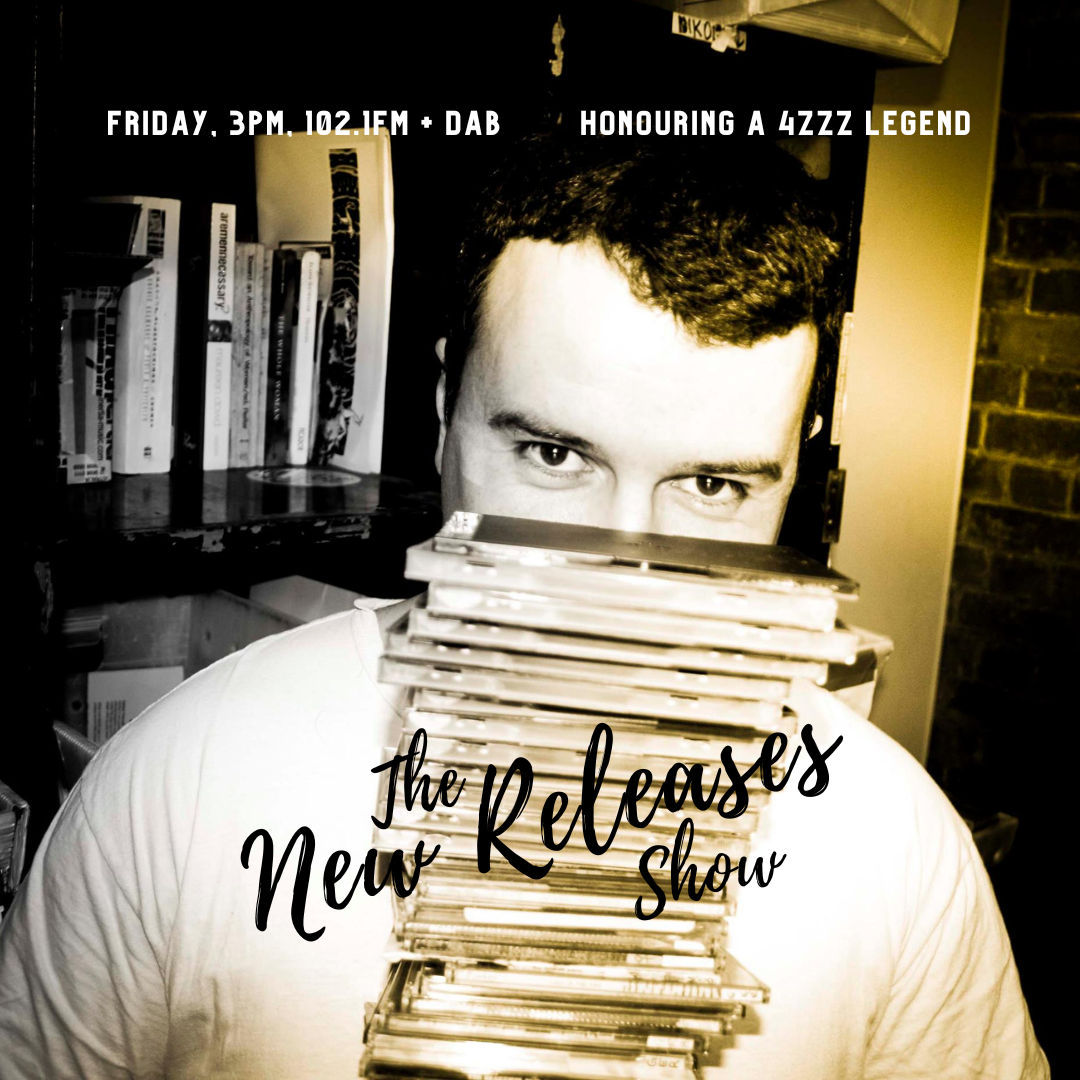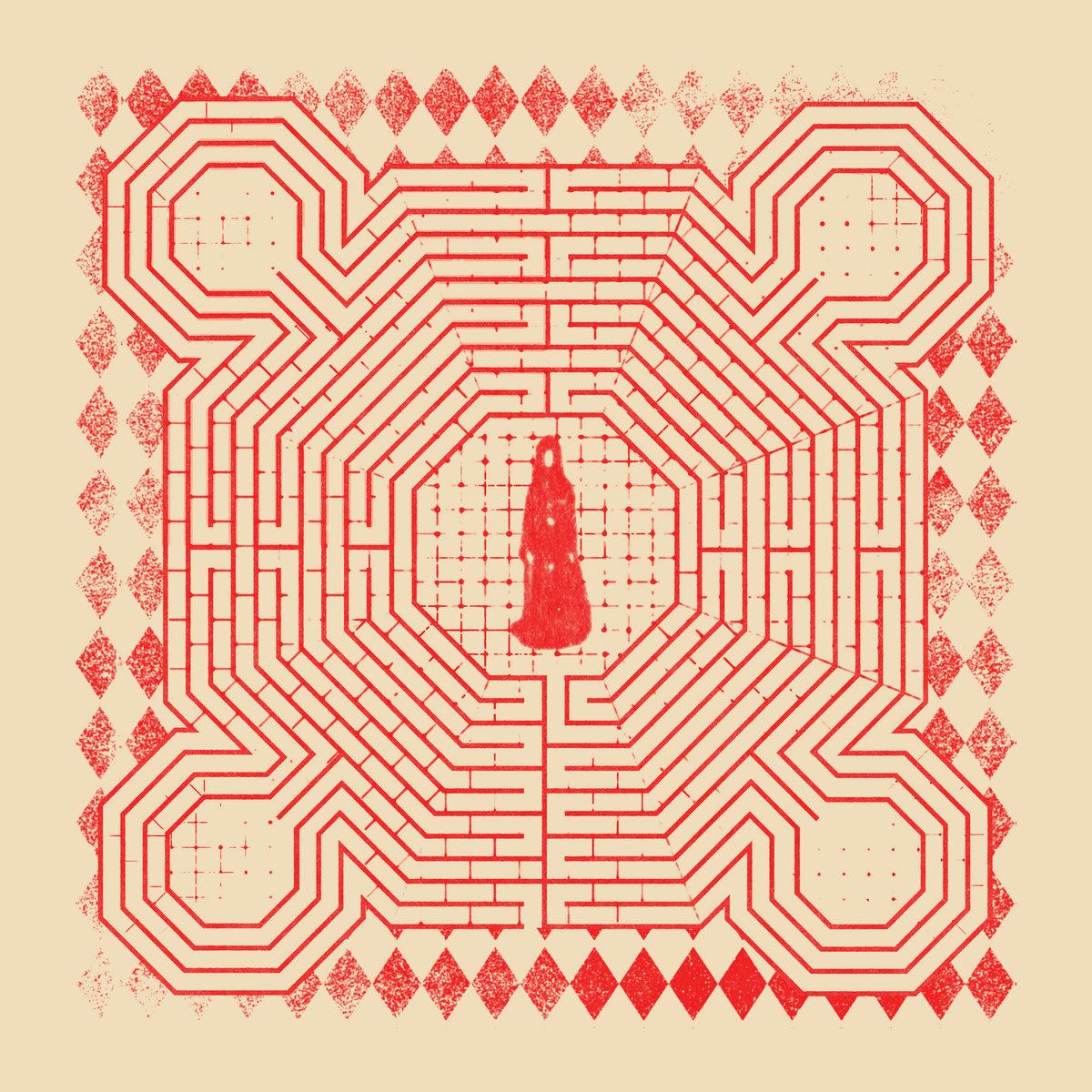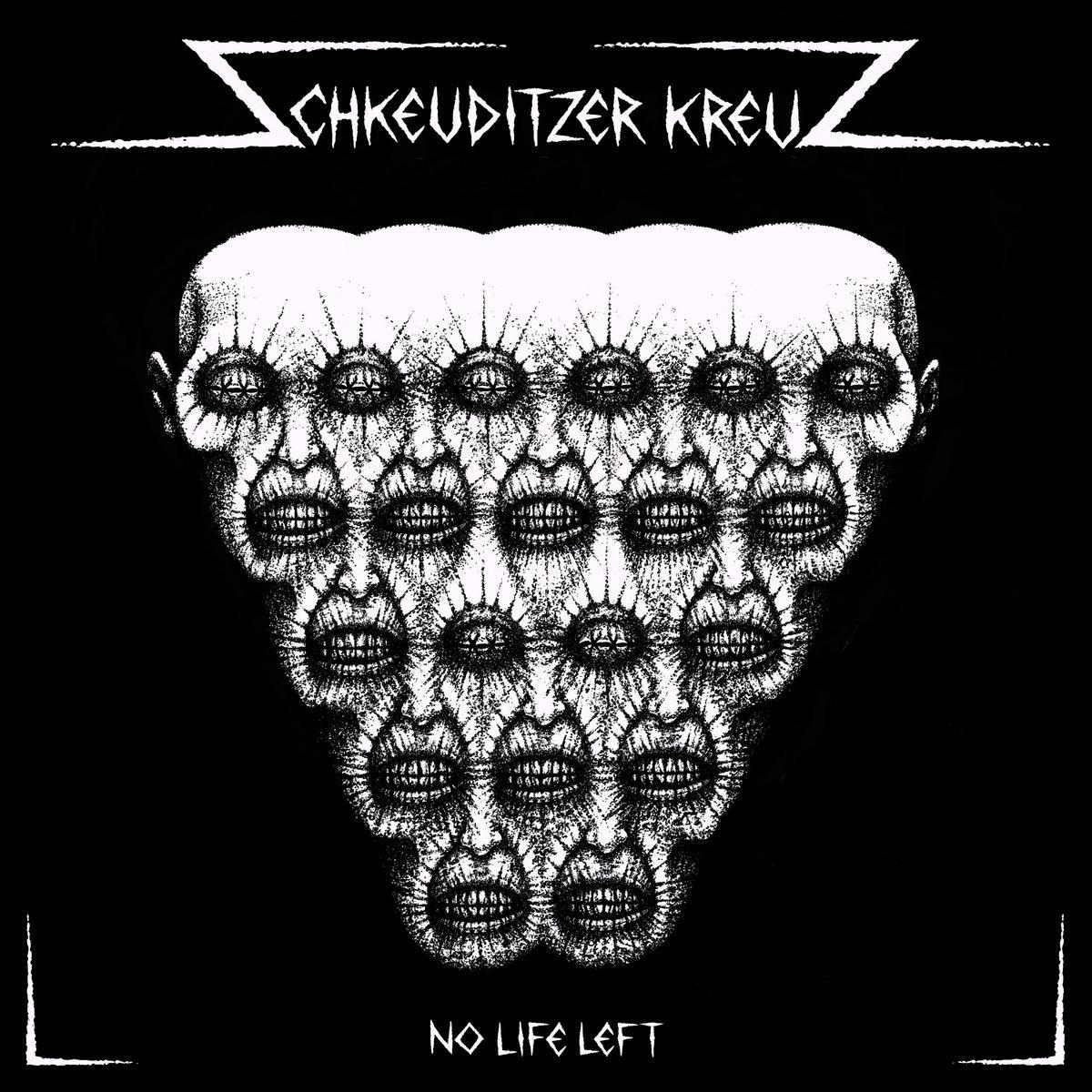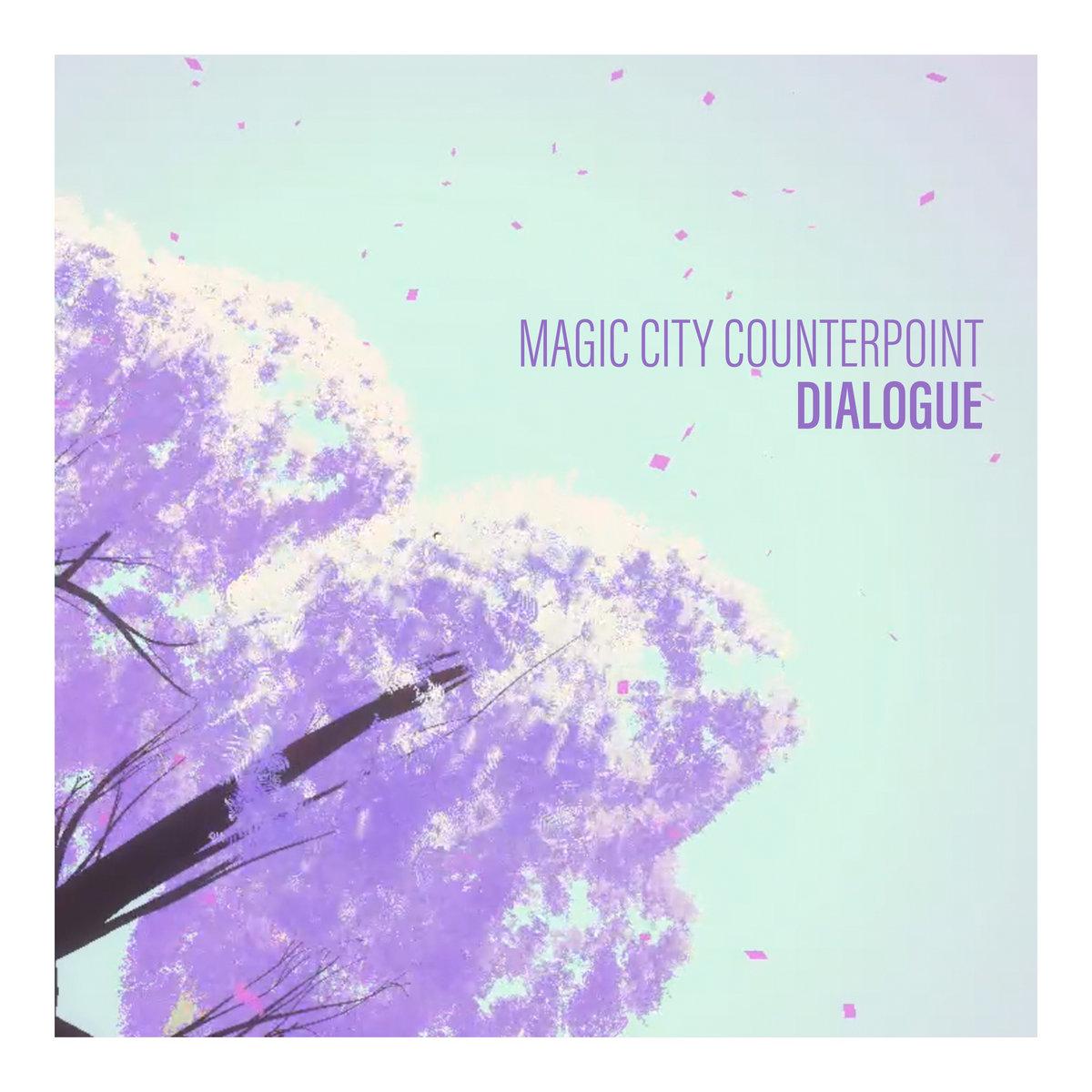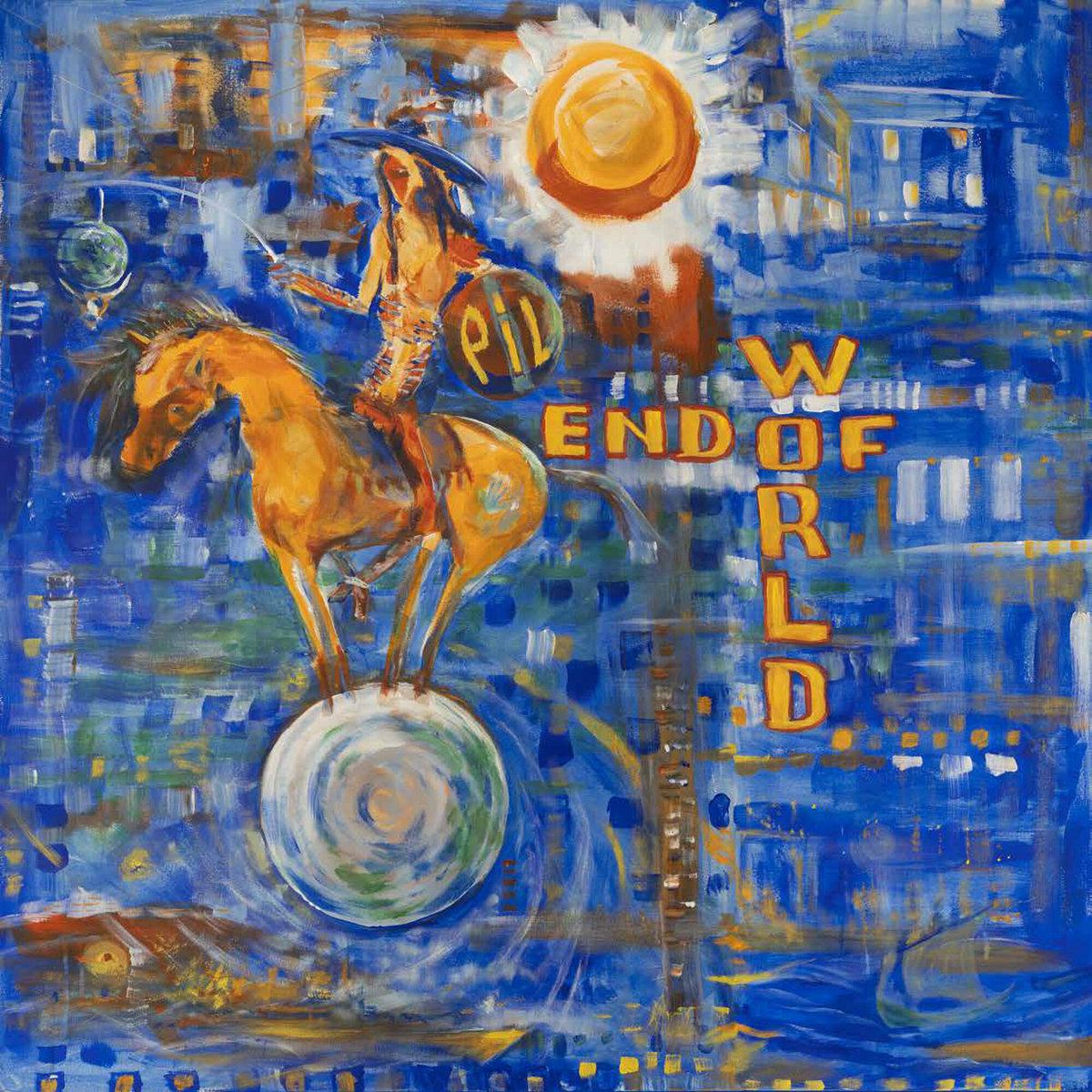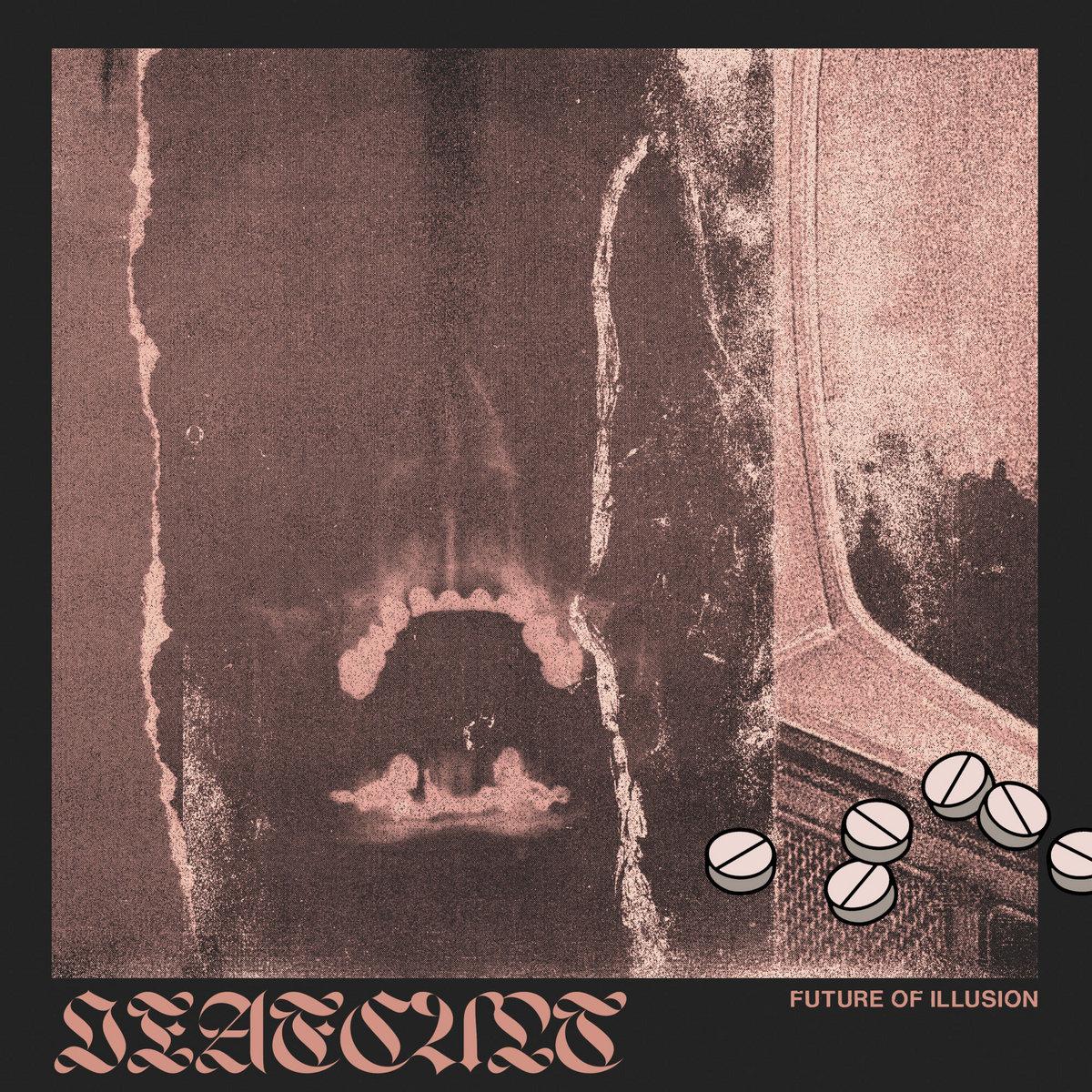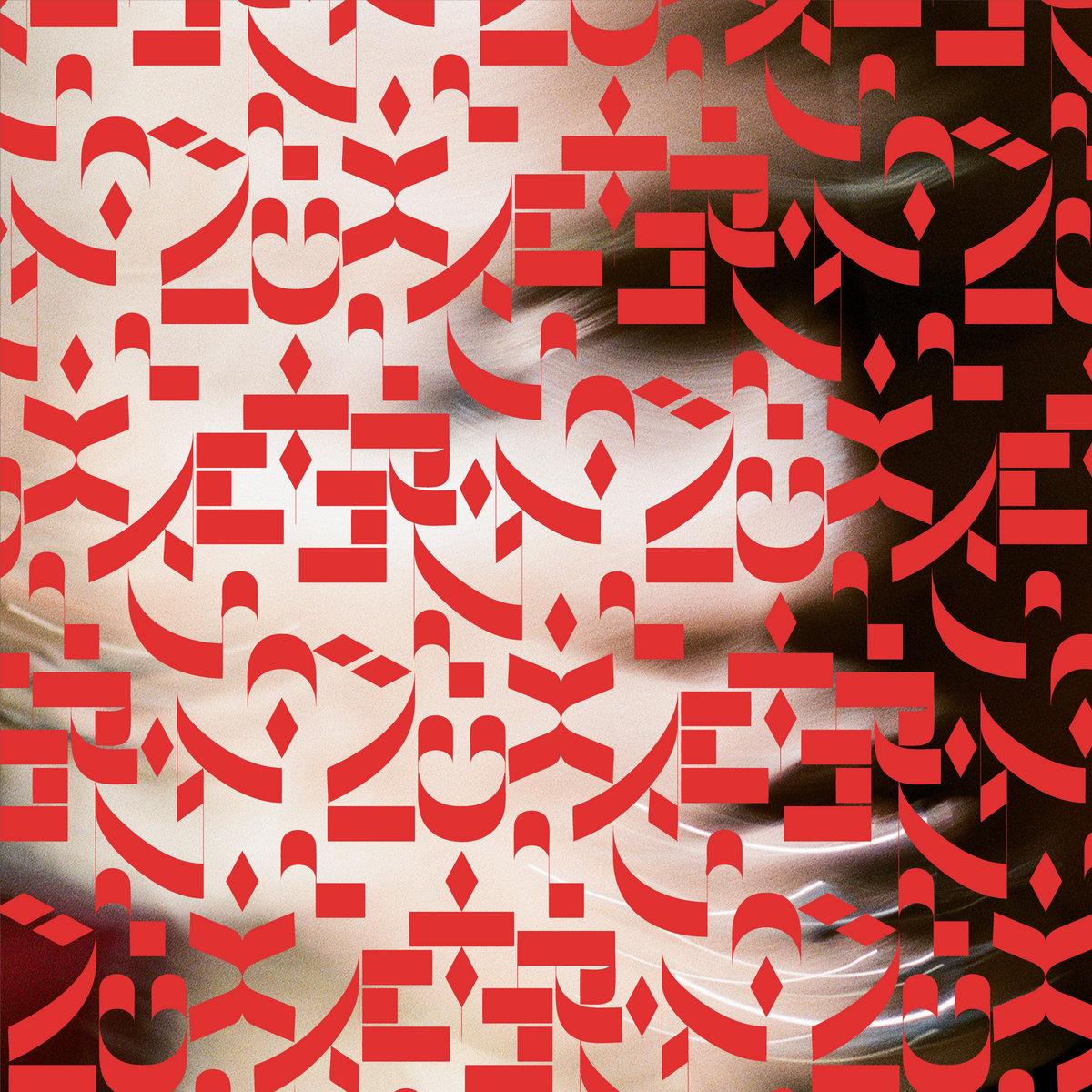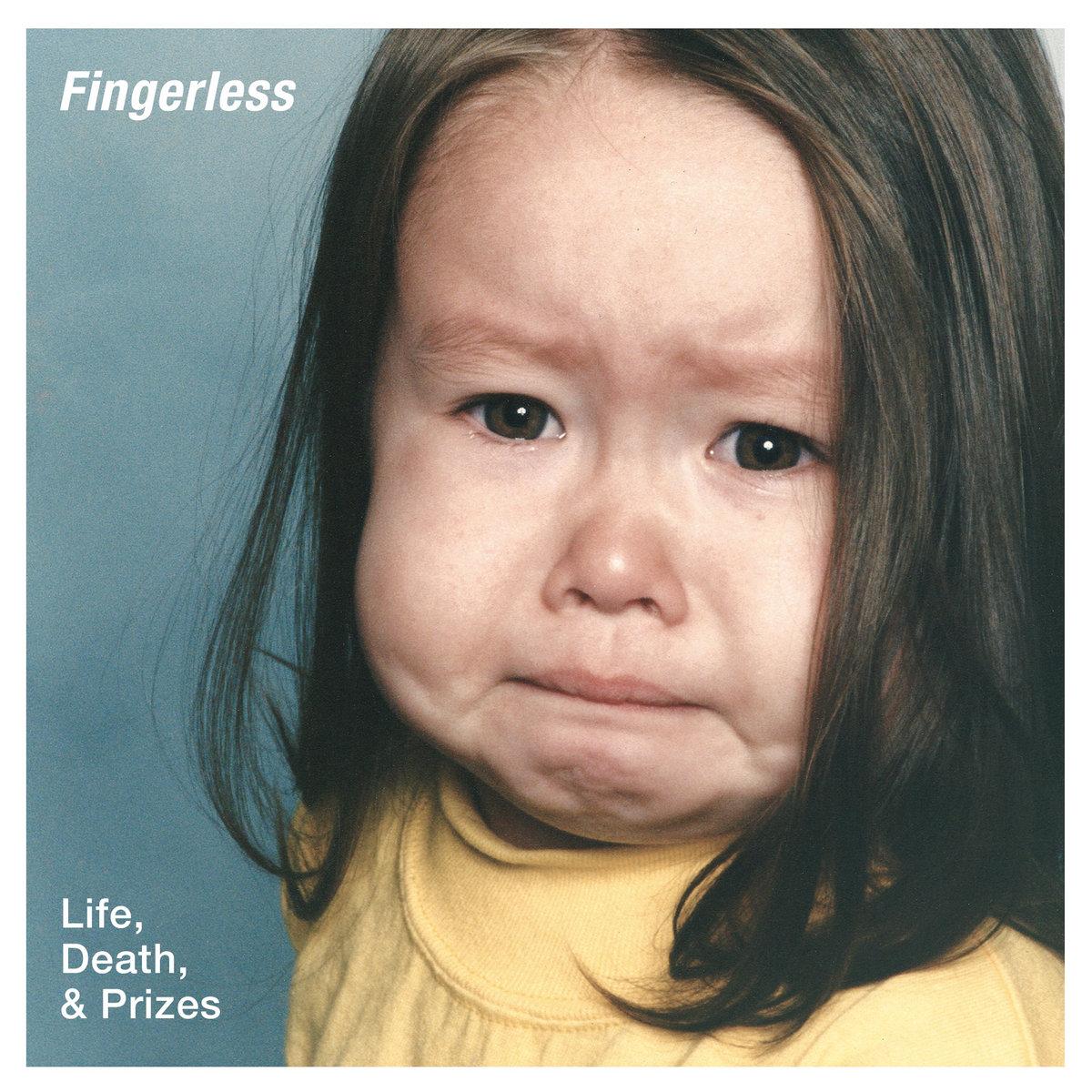
- Of the three albums Tim Hecker has made in this decade, the latest, Love Streams, would have to be the most sedate. Both Ravedeath, 1972 and Virgins occasionally sounded like the work of someone trying to inflict maximum stress on an audience who were somehow totally into the idea – and while there are moments of his trademark menacing, minimalist brand of intensity scattered throughout this record, it’s probably the most meditative thing in Hecker’s increasingly enormous discography.
This is because Love Streams finds Hecker mining aesthetic / spiritual farmland that’s markedly different in context to any of the acreages that may have previously aided the gestation of his sonic crops. Here he’s drawing influence from choral music of the 15th century variety, particularly that by Josquin des Prez, and what so-called “liturgical aesthetics” might look like “after Yeezus”.
Indeed, the record feels like it’s been paced specifically to accompany some vaguely ritualistic affair – it’s slow, methodical, and rather dramatic in its progression. There are plenty of quiet, pensive moments, like the hypnotic Music of the Air and the haze-fest Up Red Bull Creek, but they’re often interrupted by these huge, garish swells of passion, highlights among which include Violet Monumental I and Castrati Stack. Violet Monumental II, however, sits somewhere in between these two extremes, as well as right in the middle of the album, and it’s one of Hecker’s most beautiful pieces of work. Intensely processed fragments of voice, steel drums, and violently pulsing bass clarinet fizzle together and interlock with a numbingly melancholic, slowly unfurling loop, creating the kind of sonic experience that really sort of seriously awakens you from whatever it is you’re doing.
Love Streams might not exactly live up to Ravedeath and Virgins in terms of like, radiant brilliance, but it occupies a new kind of space in his discography that warrants a good deal of exploration. Whacking it on feels a bit like taking time out to ruminate on some unspecified thing you’ve lost somewhere along the way and now have no hope of regaining or even remembering the outline of. Particularly as the album rounds itself out with the six-minute Black Phase, the words, “I’m confused and I’m drowning: please help” come to mind.
But whatever it is that we’ve lost in this post-Yeezus world, whether it’s love or connectedness or patience or a significant portion of our own brain cells, you’ve only to read interviews with Hecker to get on the wavelength. Speaking about his lifelong interest in music to The Fader recently, he linked his creative drive back to childhood, saying, “I was into … having moments with (music and art) that felt really powerful and genuine. I felt like I wanted to make things like that myself. (…) That’s what led me (to making music); the desire, the deep profound need to make something.” That ability to experience and contribute to reality, in all its permutations, with a generous inclination towards the genuine and powerful – that’s the perspective from which Hecker makes his art happen, and really, that’s what makes it so vital and human. Love Streams is no exception.
- Joe Saxby.


